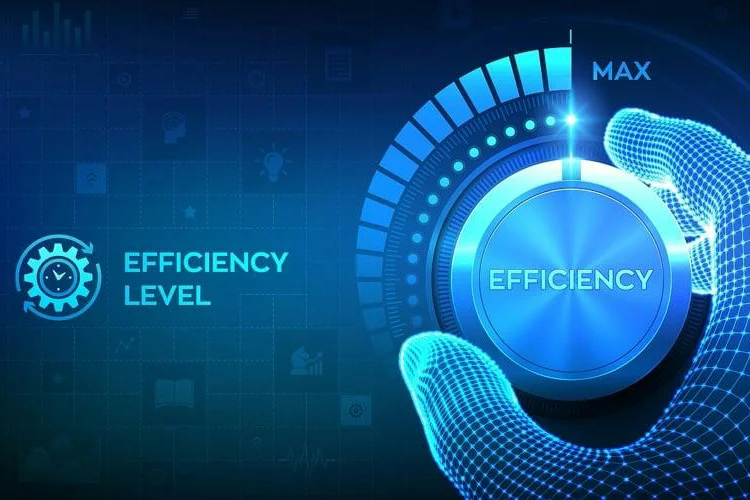
Helping India meet its energy needs while minimising the impact on the environment is a crucial challenge. Filantro’s commitment to India is not just business eccentric but we also help Foster goodness through sustainability. CSR initiatives reflect that we have people and communities at the heart of our business and we aim to be relevant to local, national and global contexts.

We, at Filantro, have focused on reducing our impact on the planet. Our initiatives range from leveraging the power of the sun to providing safe water to communities around the world. Our purchase of privately-owned solar energy panels in Sonepat allowed the company to reduce pollution while providing a renewable, economical alternative to electricity. The company continues to seek out renewable energy options with the goal of having 100% of its energy needs from renewable sources by 2028.
We have also selected native species which have high survival rate along with deployment of most modern practices. This has resulted in the plantation of over .2 Million trees.

Zero waste is our ultimatum. Filantro gives particular importance on the environment as part of its CSR goals. The organization believes in growing sustainably and working towards bettering the ecological balance. These objectives are achieved by several programs designed to tackle deforestation, erosion and pollution of water bodies. We have a water filtration system worth $1,000,000 which has helped improve the quality of groundwater while improving the biodiversity of surrounding areas with the survival of both flora and fauna in our region.
Additionally, The key areas we focus on are climate, packaging and agriculture along with water stewardship and product quality. Our message is ‘a world without waste’, with the aim of collecting and recycling every bottle, making their packaging 100% recyclable and replacing all water used in creating our recyclable non woven fabric back to the environment to ensure water security.

Tech-led innovations have not just propelled operational efficiency but played a vital role in improving carbon footprints. We introduced super-critical technology at our Sonepat power plant. Similarly, we pioneered using surface mining technology clubbed with water sprinkling which helped in regulating dust pollution. Using power to operate running tugs also contributed in reducing our carbon footprints. Currently, 20% of captive power requirement is catered by renewables, a ratio expected to improve significantly in the future.